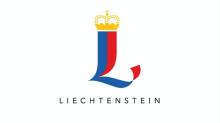Resource information
The present Act lays down provisions relating to soil improvement in the Principality of Liechtenstein. Article 1 establishes that soil improvements are measures having the purpose to maintain, increase or restore the productivity of the soil, as well as to facilities its cultivation. In particular, the Act regulates the: a) consolidation of agricultural and forestry land; b) land re-allocation; c) other soil improvement measures; d) public contributions to soil improvement. The text consists of 72 articles divided into 8 Parts as follows: General provisions (I); Decision and implementation of soil improvement measures (II); Property merging (III); Land re-allocation (IV); Other soil improvement measures (V); Maintenance of land reform (VI); Legal remedies (VII); Transitional and final provisions (VIII).
Amended by: Act amending the Act on Soil improvement. (1990-06-27)



